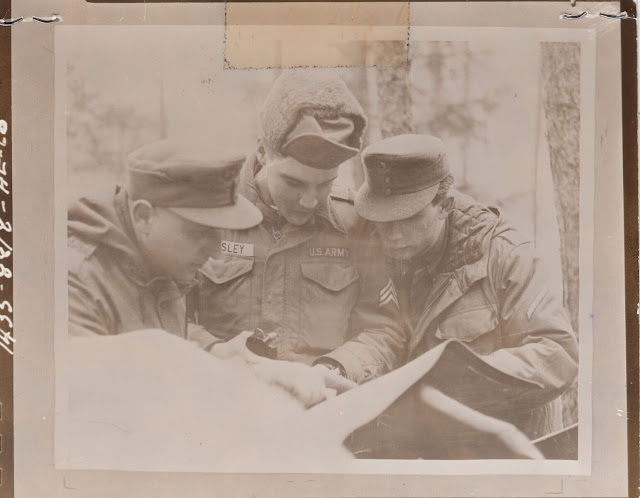Written and Directed by: Eugene Jarecki
Starring: Alec Baldwin, Chuck D, Ethan Hawke, Emmylou Harris, James Carville
ChinoKino score: A
Review by Allan Tong
It's a simple premise: drive Elvis' Rolls-Royce across America, and have guests in the backseat tell his life story. But--and here's the difference--reflect on race, class, democracy and militarism in the King's time and today. The effect is puzzling at first, sometimes brilliant and surprisingly insightful about Elvis himself.
Elvis was a poor kid who made it big, the embodiment of the American Dream. But campaign strategist James Carville laments that that dream has vanished, because the disparity between rich and poor has widened too far. That poverty is starkly seen when Elvis' Rolls rolls into his hometown of Tupelo, Mississippi where poor blacks as well as whites feel forgotten.
Memphis, the home of Sun Records, is little better. It was the center of the Civil Rights Movement and where Martin Luther King was assassinated in 1968. Race dominates this film which explores the thorny issue of whether Elvis culturally appropriated "Negro" music of the early-1950's. Elvis historian Greil Marcus, The Wire creator David Simon, and Chuck D (who called Elvis a racist in "Fight The Power") debate the issue--and their discussion is fascinating, though uncomfortable.
So, was Elvis a racist, or did he simply blend the music he grew up hearing--white country and black blues? Then again, why didn't Elvis endorse the Civil Rights Movement, or even put black people in any of his movies when he had the clout?
Elvis was more than just a brilliant singer, he was a symbol. When he went into the army and starred in G.I. Blues, he heralded American imperialism during the Cold War. Until Elvis' death and beyond, the Colonel's greedy exploitation of his career reflected the ugliest side of capitalism.
Director Eugenge Jarecki is a noted political documentarian (Why We Fight), but despite The King's intellectual and political analysis, his films reminds viewers that Elvis was a person, one with flaws and vulnerabilities, therefore deserving of sympathy. The film's most touching moments come when musician John Hiatt climbs into the Rolls and breaks down, sitting in the place of his hero. Country legend Emmylou Harris laments that Elvis never had a chance to grow up like most adults and so never learned to manage his enormous fame. This weakness ultimately crushed him. "He was doomed," she says.
Many of the guests are musicians, both famous and not, and actually don't sing Elvis' songs in their stunning performances: Emi Sunshine & the Rain, Hiatt and the teenage choir of the Stax Music Academy. There's no shortage of the King himself, given the wealth of vintage footage bursting with sparkling audio.
Celebs and Elvis fans such as Ethan Hawke, Mike Myers and Alec Baldwin, confidantes Linda Thompson and Scotty Moore, and commentators like Van Jones and Dan Rather all weigh in on Elvis. Jarecki gathers an amazing array of voices exhalting, criticizing and commenting on the King. This film makes you think about the bigger picture around Elvis and America, without losing sight of Elvis the musician and pop culture icon. The King is not merely for Elvis fans, but those who want a probing look at America today.



No comments:
Post a Comment